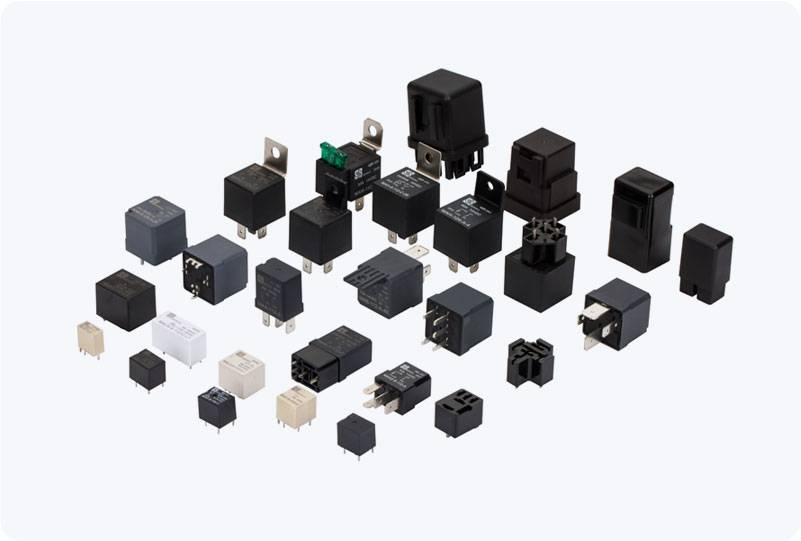IEC 61811 is a critical international standard developed by the International Electrotechnical Commission (IEC), focusing on the reliability, performance, and safety of relays used in electrical and automation systems. The standard covers various types of relays, including power relays, time relays, and thermal relays, and specifies requirements for their design, operation, and testing. This article aims to explore the significance of the IEC 61811 Relay standard, its key features, and its applications in industrial automation.

What is IEC 61811 Relay? The IEC 61811 standard governs the performance and operational aspects of relays in electrical systems. Relays are electromechanical or solid-state devices used to control electrical circuits by opening or closing contacts in response to changes in control signals. These components are integral in industrial control systems, protection circuits, and automation processes. IEC 61811 specifically addresses the environmental and operational challenges relays face in industrial applications, where reliability and durability are paramount. The standard outlines the necessary criteria for designing, testing, and certifying relays, ensuring they can withstand harsh conditions such as temperature extremes, electrical surges, and mechanical stress.